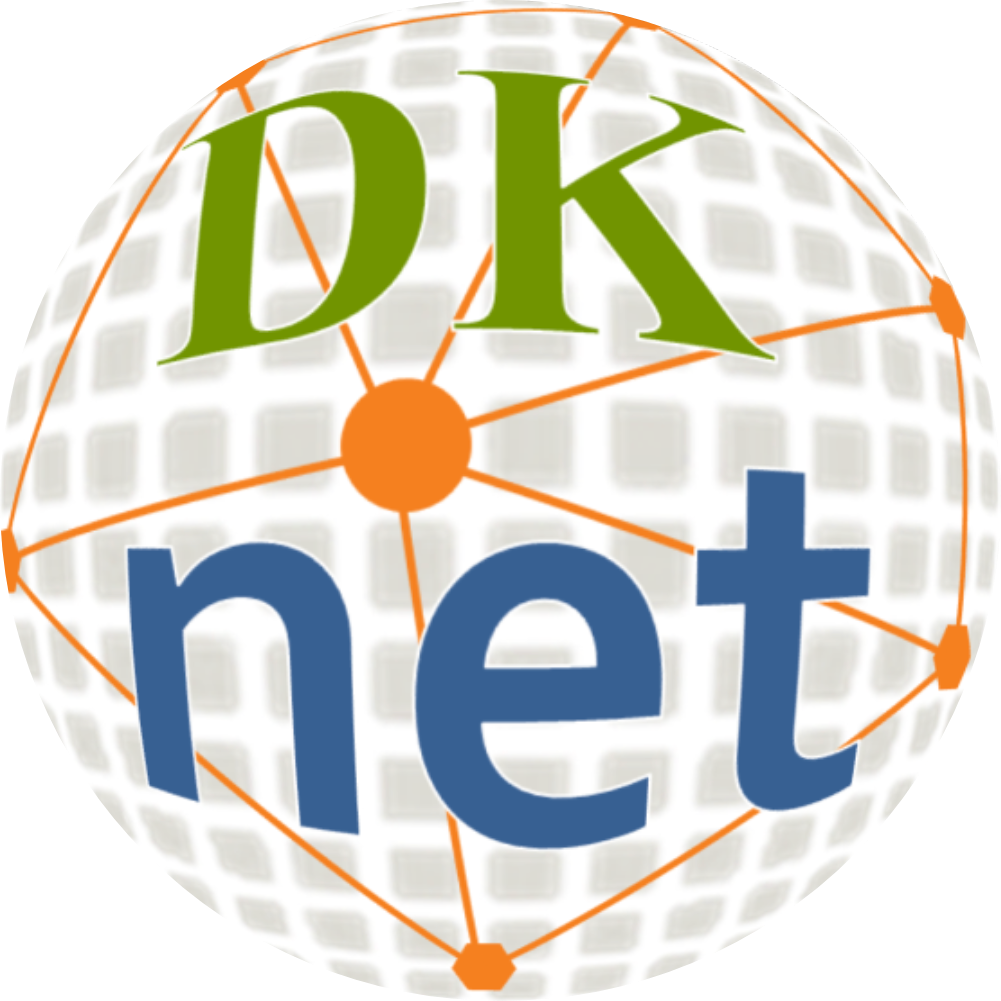Leaving Community
Are you sure you want to leave this community? Leaving the community will revoke any permissions you have been granted in this community.
Nuclear Receptor Signaling Atlas (NURSA)
Nuclear Receptor Signaling Atlas (NURSA) is a software tool as a knowledge environment resource that accrues, develops, and communicates information that advances understanding of structure, function, and role in disease of nuclear receptors (NRs) and coregulators. It specifically seeks to elucidate roles played by NRs and coregulators in metabolism and development of metabolic disorders. NURSA includes large validated data sets (transcriptomic and non-transcriptomic), molecular pages, access to reagents such as antibodies, cell lines, PCR primers, and mouse models, and a tool "Transcriptomine" used for discovering relationships between nuclear receptor signaling pathways, genes and tissues.
NURSA was supported by NIDDK for 15 years. As of March 20, 2020, NURSA is succeeded by the Signaling Pathways Project (SPP), an integrated transcriptomic/ChIP-seq knowledgebase for mammalian cellular signaling pathways. An article on SPP was published in Nature Scientific Data. All NURSA-biocurated transcriptomic datasets have been preserved for data mining in SPP. All non-transcriptomic dataset NURSA content will be transferred to dkNET. dkNET team is evaluating options for archiving this content. dkNET also houses all other curated information on animal models, antibodies, cell lines, molecules, and PCR primers.






